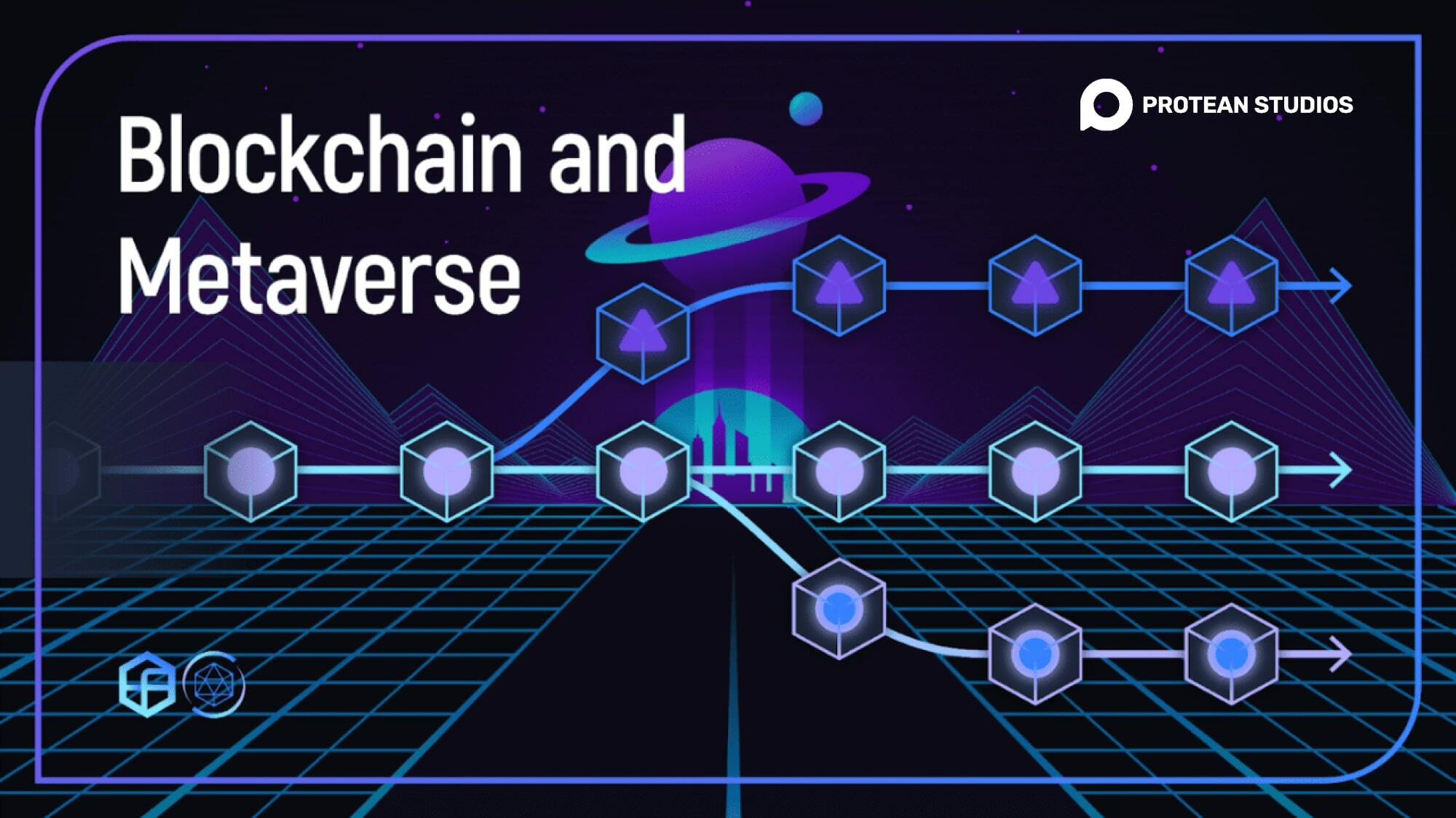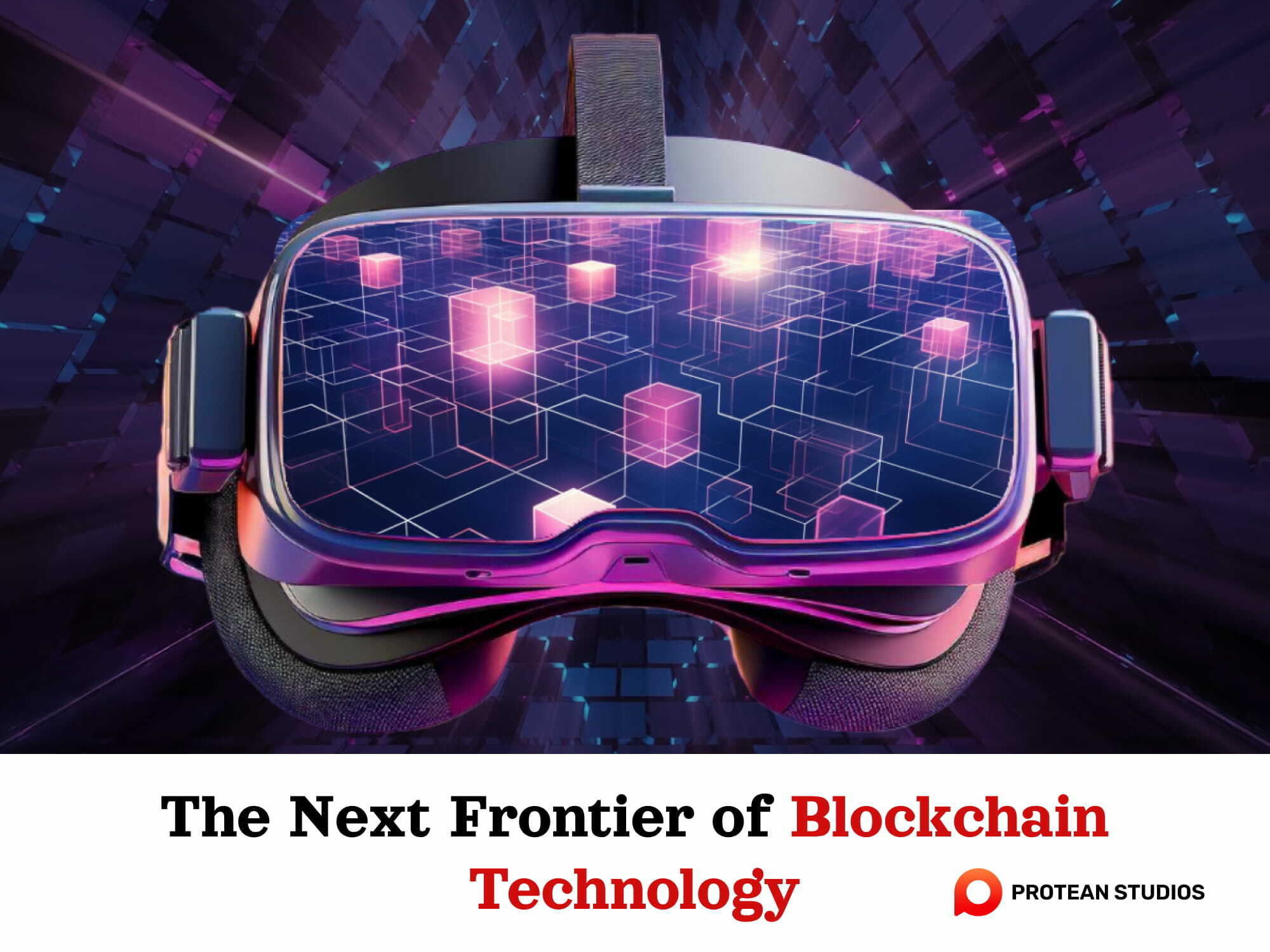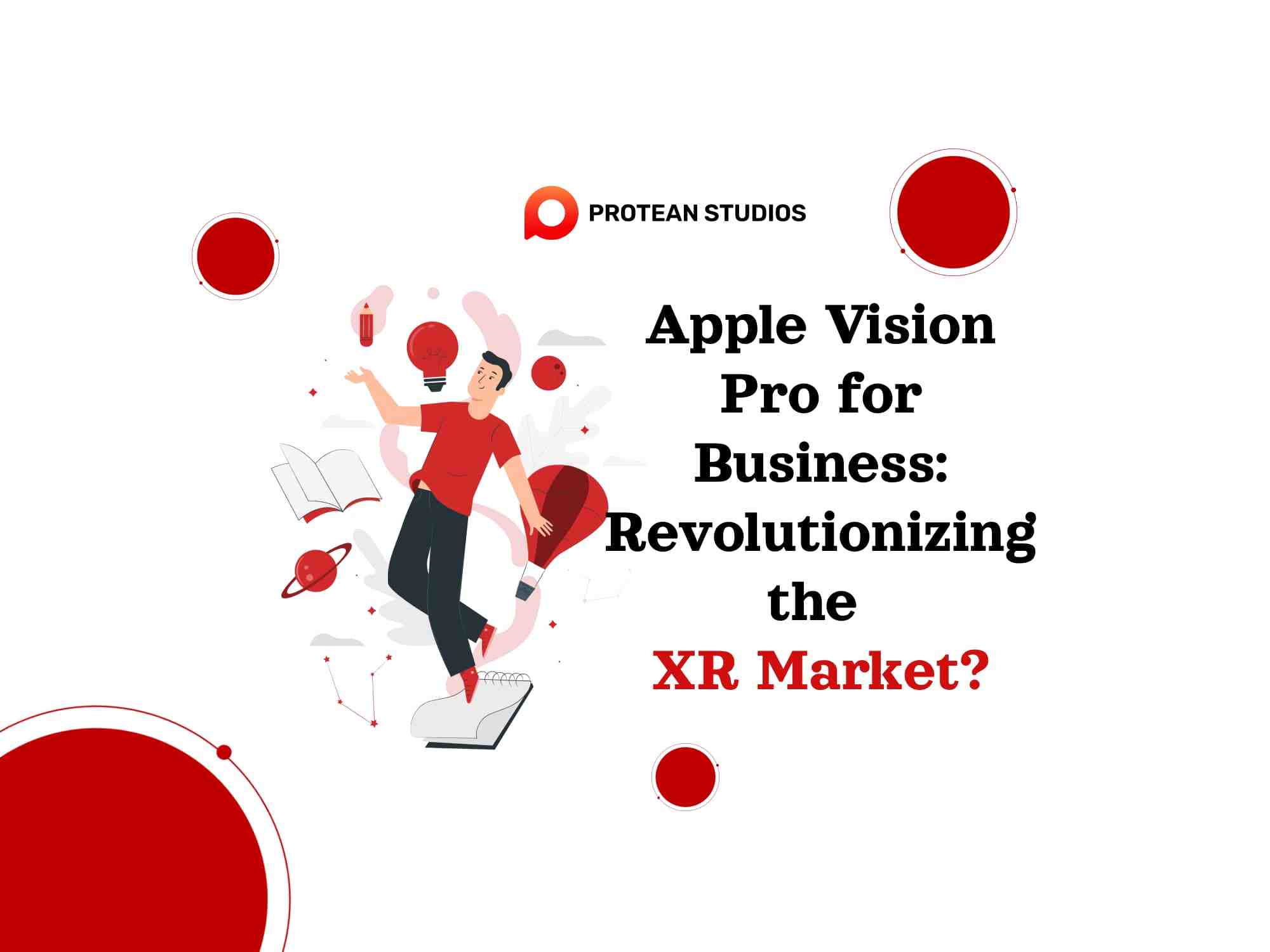The digital landscape is experiencing a profound transformation. Two of the most transformative technologies of our time, blockchain and the metaverse, are converging to create a new digital frontier. Blockchain, with its decentralized and secure nature, is poised to revolutionize the foundation of the metaverse, while the metaverse, as an immersive virtual world, offers an unprecedented platform for blockchain applications.
Together, these technologies hold the potential to reshape industries, redefine ownership, and create new economic models. In this article, we will explore the intersection of blockchain and the metaverse, examining the opportunities, challenges, and implications of this groundbreaking fusion.
Grasping the Metaverse in Blockchain
The metaverse in the context of blockchain refers to a collective virtual shared space created by the convergence of enhanced physical reality and persistent virtual reality, where blockchain technology plays a crucial role. Blockchain provides a decentralized, secure, and transparent infrastructure for the metaverse, enabling various functionalities:
Digital Ownership: Blockchain allows for verifiable ownership of virtual assets, such as real estate, avatars, and items within the metaverse, through the use of non-fungible tokens (NFTs).
Interoperability: Blockchain facilitates interoperability between different virtual worlds and platforms, enabling users to transfer assets and identities across the metaverse.
Decentralization: The decentralized nature of blockchain ensures that no single entity controls the metaverse, promoting a fair and open digital environment.
Security and Trust: Blockchain's cryptographic security mechanisms protect user data and transactions within the metaverse, fostering trust among participants.
Economy and Commerce: Blockchain supports the creation of decentralized economies within the metaverse, allowing for secure and transparent transactions, including the buying, selling, and trading of virtual goods and services.

Learn more: All You Need To Know About The Metaverse
What Advantages Does Blockchain Technology Offer?
Blockchain technology brings many benefits, as below:
1. True Digital Ownership
Blockchain technology facilitates true digital ownership through asset tokenization. This means that virtual assets, such as digital real estate or in-game items, can be owned, bought, and sold with the same legitimacy as physical assets. This is made possible by non-fungible tokens (NFTs), which are unique digital tokens that represent ownership of a specific item.
2. Enhanced Security and Privacy
The decentralized nature of blockchain ensures that no single entity has control over the entire network, providing enhanced security and privacy for users. Transactions and data are encrypted and distributed across the network, making them tamper-resistant and secure from unauthorized access.
3. Decentralized Economy
Blockchain enables the creation of a decentralized economy within the metaverse, where users can engage in transactions without the need for intermediaries. This reduces transaction costs and increases efficiency. Smart contracts automate processes like loan approvals and insurance claims, further enhancing the economic landscape.

4. Enhanced Accessibility and Financial Inclusion
The metaverse, powered by blockchain, has the potential to be more accessible and inclusive. It can provide a platform for users from all over the world to interact and transact, regardless of their geographical location or financial status.
Other Article: VR (Virtual Reality) Vs. AR (Augmented Reality): Predicting Future Success
5. Engaging E-commerce Experiences
Blockchain technology allows for the creation of immersive e-commerce experiences in the metaverse. Users can purchase virtual goods and services, with blockchain providing a reliable record of transactions and ownership.
The Next Frontier of Blockchain Technology
Blockchain technology, since its inception, has been a beacon of innovation and disruption in various industries. As we move forward, the next frontier of blockchain promises to be even more transformative, offering new opportunities and challenges.
One of the key areas of focus is the evolution of business models shaped by blockchain. Companies are adopting distributed ledger technology (DLT), which brings with it a new set of challenges. These include the need for speed and scale in processing, interoperability between different blockchain systems, and the maturity of the technology stack.
Another significant trend is the emergence of blockchain-based banking. Financial institutions are exploring the potential of blockchain to revolutionize services such as smart contracts, asset-backed digital tokens, and decentralized finance (DeFi). The Asia-Pacific region, in particular, is leading the charge in blockchain innovation, with China being a notable contributor.
Interoperability
Overcoming the siloed nature of existing blockchains is crucial for widespread adoption. Developing protocols and standards to enable seamless data and value transfer between different networks will unlock new possibilities for cross-chain applications.
Scalability
As blockchain usage grows, addressing scalability challenges becomes paramount. Layer-2 solutions, sharding, and other innovative approaches are being explored to enhance transaction throughput and reduce costs.

Privacy and security
Enhancing privacy while maintaining the blockchain's transparency is a complex but essential task. Zero-knowledge proofs and homomorphic encryption are among the techniques being investigated to protect sensitive data.
Sustainability
The environmental impact of blockchain, particularly energy consumption, is a growing concern. Developing more energy-efficient consensus mechanisms and exploring green energy solutions are critical for long-term sustainability.
Regulatory Framework
Creating clear and comprehensive regulations is essential for fostering blockchain innovation while protecting consumers and investors. Balancing regulatory oversight with fostering innovation will be a delicate task.
Read more: Marketing In The Metaverse: What Marketers Need To Know
Artificial intelligence and blockchain
The convergence of AI and blockchain holds immense potential. AI can enhance blockchain's capabilities through data analysis, prediction, and automation, while blockchain can provide a secure and transparent foundation for AI applications.
As blockchain technology matures, it's crucial for organizations to proceed with intention and seriousness. The operational implications of blockchain adoption cannot be overstated, as they will redefine how industries operate and interact.
----------------------------------------------
Dive into the future with Protean Studios, your trusted partner in IT outsourcing. Our cutting-edge expertise in blockchain technology and metaverse development positions us at the forefront of this digital revolution.
Why choose us?
Innovative Solutions: We bring groundbreaking ideas to life with state-of-the-art blockchain and metaverse applications.
Reliable Services: Our dedicated team ensures top-notch service, tailored to your unique needs.
Proven Track Record: With a portfolio of successful projects, we deliver excellence every time.
Global Reach: Leveraging a diverse team, we provide 24/7 support and seamless collaboration worldwide.
Connect with Protean Studios today and embark on a journey to redefine digital experiences.



